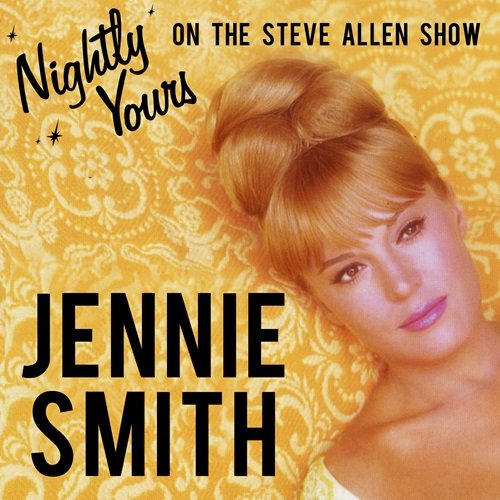Dick Haymes - The Complete Capitol Collection (2006)
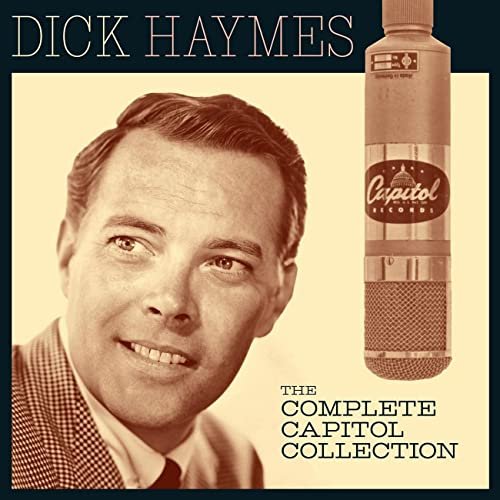
Artist: Dick Haymes
Title: The Complete Capitol Collection
Year Of Release: 2006
Label: Capitol Catalog
Genre: Jazz, Vocal Jazz, Easy Listening
Quality: FLAC (tracks)
Total Time: 01:56:30
Total Size: 325 mb
WebSite: Album Preview
Tracklist:Title: The Complete Capitol Collection
Year Of Release: 2006
Label: Capitol Catalog
Genre: Jazz, Vocal Jazz, Easy Listening
Quality: FLAC (tracks)
Total Time: 01:56:30
Total Size: 325 mb
WebSite: Album Preview
CD1
1. Dick Haymes - It Might As Well Be Spring
2. Dick Haymes - The More I See You
3. Dick Haymes - The Very Thought Of You
4. Dick Haymes - You'll Never Know
5. Dick Haymes - If There Is Someone Lovelier Than You
6. Dick Haymes - How Deep Is The Ocean
7. Dick Haymes - The Nearness Of You
8. Dick Haymes - Where Or When
9. Dick Haymes - Little White Lies
10. Dick Haymes - Our Love Is Here To Stay
11. Dick Haymes - Love Walked In
12. Dick Haymes - Come Rain Or Come Shine
13. Dick Haymes - I Never Get Enough Of You
14. Dick Haymes - C'est La Vie
15. Dick Haymes - Love Is A Great Big Nothin'
16. Dick Haymes - Two Different Worlds
17. Dick Haymes - Now At Last (Out-Take)
18. Dick Haymes - Now At Last
19. Dick Haymes - Rainbow's End (Out-Take)
20. Dick Haymes - Rainbow's End
CD2
1. Dick Haymes - If I Should Lose You
2. Dick Haymes - You Don't Know What Love Is
3. Dick Haymes - Imagination
4. Dick Haymes - Skylark
5. Dick Haymes - Isn't This A Lovely Day (To Be Caught In The Rain_)
6. Dick Haymes - What's New
7. Dick Haymes - The Way You Look Tonight
8. Dick Haymes - Then I'll Be Tired Of You
9. Dick Haymes - I Like The Likes Of You
10. Dick Haymes - Moonlight Becomes You
11. Dick Haymes - Between The Devil And The Deep Blue Sea
12. Dick Haymes - When I Fall In Love
13. Dick Haymes - Never Leave Me
14. Dick Haymes - New York's My Home
15. Dick Haymes - My Love For Carmen (Out-Take)
16. Dick Haymes - My Love For Carmen
In 1955, Capitol Records signed Dick Haymes and attempted to do for him what it had done for Frank Sinatra a few years earlier, resurrect his career. Due to a combination of personal and business problems, Haymes had fallen far from his mid-'40s peak, when he was a major rival to Sinatra among the new crop of solo singers emerging from the big bands. The Capitol sojourn led to 12 recording sessions between December 20, 1955, and April 4, 1957, that produced two LPs, Rain or Shine and Moondreams, and a few singles, only one of which, "Two Different Worlds," managed a brief stay in the charts. The recordings were out of print for decades, but were championed by some critics, making this thorough two-CD set, compiled by Ken Barnes, a welcome reissue. It reveals that, if the recordings are not nearly as impressive as Haymes' revisionist supporters have claimed, they are nevertheless creditable. It may be that the tendency to overrate them comes from that very competence; given Haymes' notorious troubles of the '50s, from reported alcoholism to bizarre legal battles and his stormy, tabloid-splashed marriage to Rita Hayworth, it's amazing that he sounds as unruffled as he does in recording sessions that began only eight days after his divorce from Hayworth became final. Actually, it might have helped if more of the angst of his recent experiences had leaked into the performances. The approach on the two LPs (which occupy the first 12 tracks of each CD) was the same: to choose a collection of vintage copyrights almost entirely from the '30s and '40s, many of them previously recorded by Haymes ("It Might as Well Be Spring," "You'll Never Know," "Little White Lies," etc.) and set them to '50s-style arrangements mixing lush orchestral charts with jazzy small-band settings, all put together by Haymes' musical director, Ian Bernard. That sounds like the same formula employed for Sinatra's Capitol work, but the big difference comes in the singing. Sinatra sounded very different on Capitol in the '50s from the way he had sounded on Columbia Records in the '40s grittier, darker, older, more emphatic. Haymes tries most of the time to sound much as he did in the '40s, which means that the flaw in these performances is the same one that dogged his career in every aspect. Whether singing or acting, he always relied on a smooth, polished delivery, a surface effect, to get across. As an actor, he was a wooden, humorless pretty boy, which is why he never really made it in the movies. As a singer, he was a smooth, bland, uninvolved deliverer of the lyrics, relying on his rich timbre to please his listeners. That worked beautifully in the '40s when it was the dominant style, but by the mid-'50s Sinatra had taught audiences to expect more. Haymes' apologists cite the usual reasons for his failure to make a Sinatra-like comeback, including lack of promotion and his personal demons. But there were musical reasons as well, and they are heard here. Bernard provides appropriate '50s backings, but Haymes continues to sing as though he's still in the '40s. By 2006, a later generation might be more willing to just luxuriate in the beauty of his tone, but it's really no surprise that no one was interested 50 years earlier. (Barnes has dug up some interesting, if minor, unreleased material, including a session with Jackie Gleason as bandleader that finds Haymes trying to navigate a Gleason adaptation of the "Habanera" from Bizet's Carmen.)
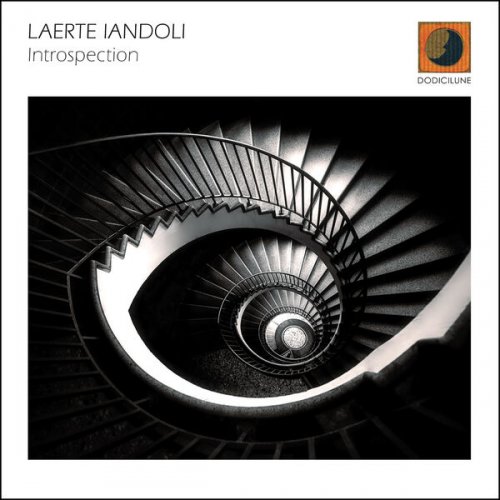

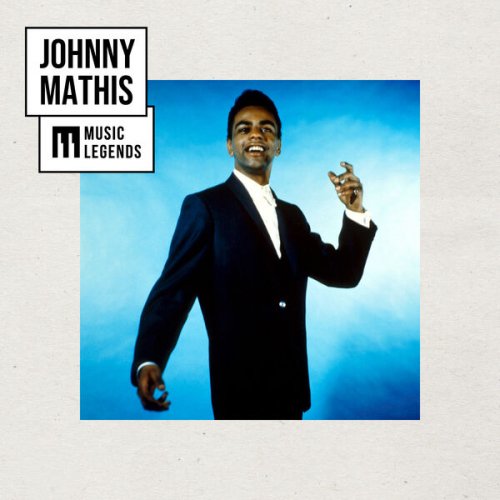
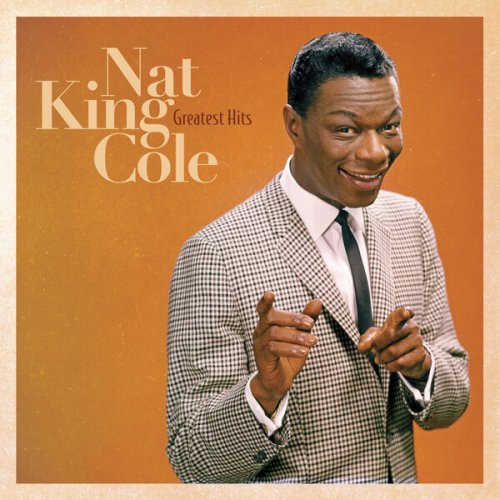


![Kobert - Off the Hook (2011) [Hi-Res] Kobert - Off the Hook (2011) [Hi-Res]](https://www.dibpic.com/uploads/posts/2026-03/1772434077_lnz36qc7wmx6u_600.jpg)

